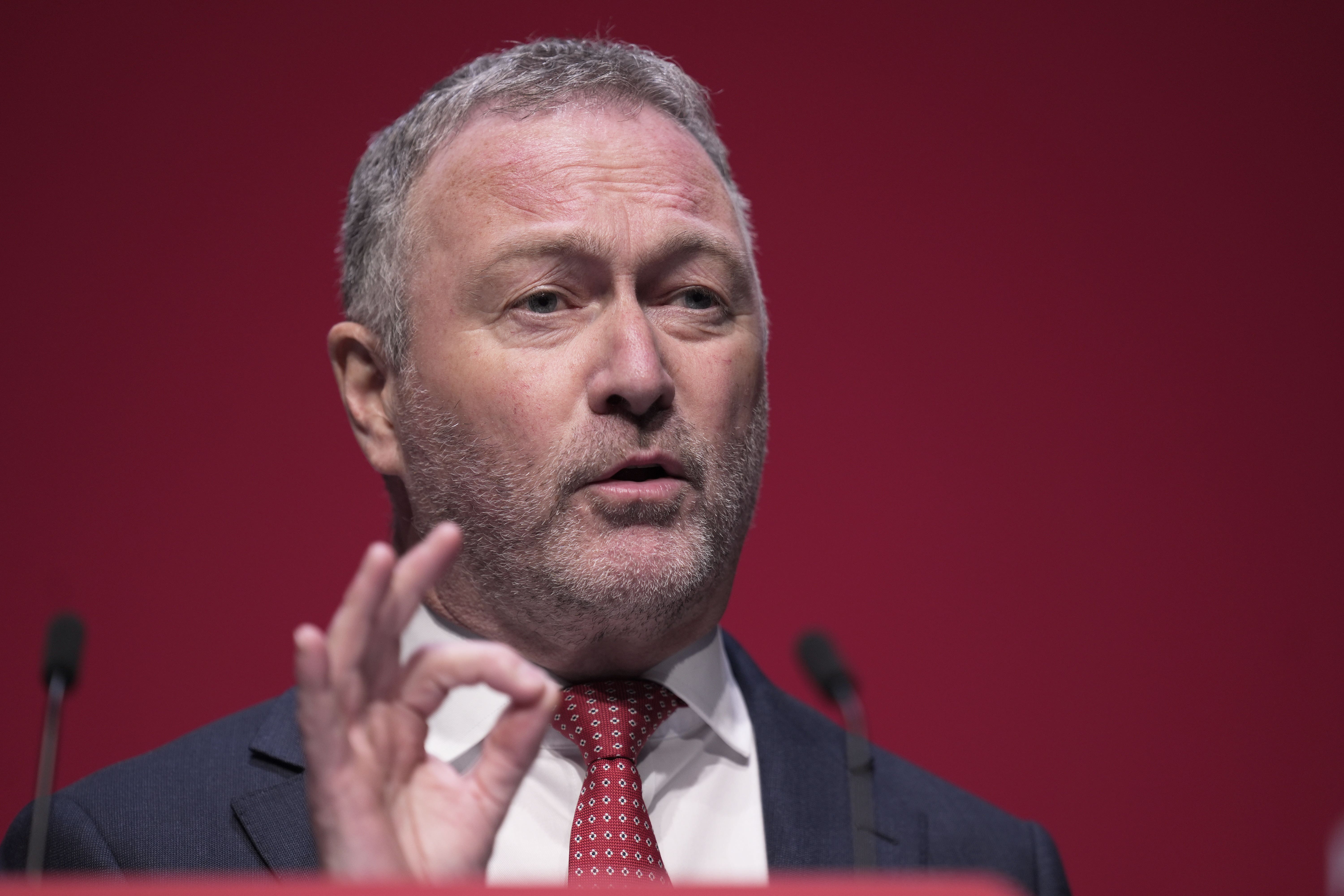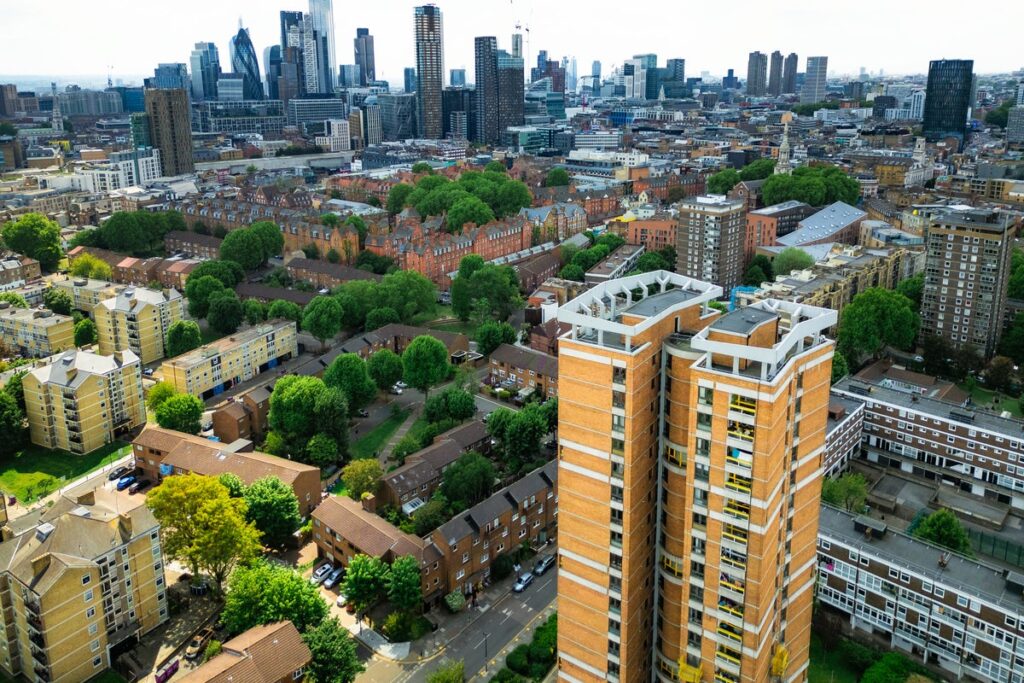Rapid rent rises combined with frozen housing benefits are set to push more people into crisis if Labour does not act, a damning new report has warned.
The affordability gap between rental prices and support for low-income tenants is set to reach a record 17 per cent next year, findings from the influential Resolution Foundation show. This represents an average shortfall of £104 a month – or just over £1,200 a year – as households are forced to face rising debt or homelessness.
Without action the figure will reach 25 per cent by 2029-2030, the think tank adds, meaning an average shortfall of £180 a month.
Local housing allowance, which sets housing benefit rates, has been frozen by the Labour government until at least 2026, following a brief unfreeze in April 2024. This is the formula that sets how much funding the Department for Work and Pensions (DWP) will give each council to administer housing benefit, uprating it to cover at least the cheapest 30 per cent of rents in the area that year.
The one-off increase, announced by the previous Conservative administration, means that housing support is now tied to private rent levels from September 2023. During this time, average rents have already increased by 14 per cent.
Unlike many benefits which are generally uprated by inflation every year, housing benefit rates have also been readjusted just twice in the last decade, in 2020 and 2024.
This is having a major impact on living standards, the Resolution Foundation report warns, with more and more households forced into temporary accommodation as they are pushed out of the private rental sector.
The number of children living in these emergency settings continues to hit record highs, reaching 172,420 by the end of June, according to the latest data from the Office for National Statistics.
This acute crisis has also left cash-strapped councils forced to manage a spiralling bill, the report adds, with the temporary accommodation bill reaching £2.8bn last year – double the annual cost a decade prior.

Finding that it would cost £2.5bn to unfreeze the allowance, the think tank argues that it is a “false economy” to keep the freeze in place to achieve “short-term savings” for the government.
Hannah Aldridge, senior research and policy analyst at the Resolution Foundation, said: “Rapid rent rises since [September 2023] have created an alarming affordability gap for almost two million low-income families. Without government intervention in the Budget, this freeze in support will become a major drag on families’ living standards.
“With the gap between local housing allowance rates and the 30th percentile of rent expected to pass the previous record of 17 per cent next year, and on track to reach 25 per cent by the end of the parliament, the government needs to relink housing support to local rents before the gap does further damage to living standards.”
The report author also notes that, while the funding gap is most stark in London – with an average of £350 in Hackney – there is not a single region in England that does not have a local authority with an average gap of at least £100.
Francesca Albanese, executive director of policy and social change at Crisis, said: “This latest report from the Resolution Foundation lays bare just how damaging the freeze on local housing allowance has become.
“We’re already seeing record numbers of families trapped in temporary accommodation. Yet with the freeze set to continue until the end of this parliament, the gap between housing benefit and private rent will only widen. We cannot sit by as more families are being pushed to breaking point, struggling to keep a roof over their heads and afford the essentials like food and heating.
“We must see ministers unfreeze housing benefit at the autumn Budget to protect people from poverty. It’s time to end the damaging cycle of giving with one hand and taking with the other, and to ensure families can keep their homes instead of being forced into homelessness.”
A government spokesperson said: “We’re tackling the impact of rising rents and the housing shortage with our commitment to build 1.5 million homes – including the biggest boost to social and affordable housing in a generation.
“We’re also putting more money in people’s pockets by uprating benefits, making universal credit deductions fairer, and helping people move out of poverty and into good, secure jobs as part of our Plan for Change.”


